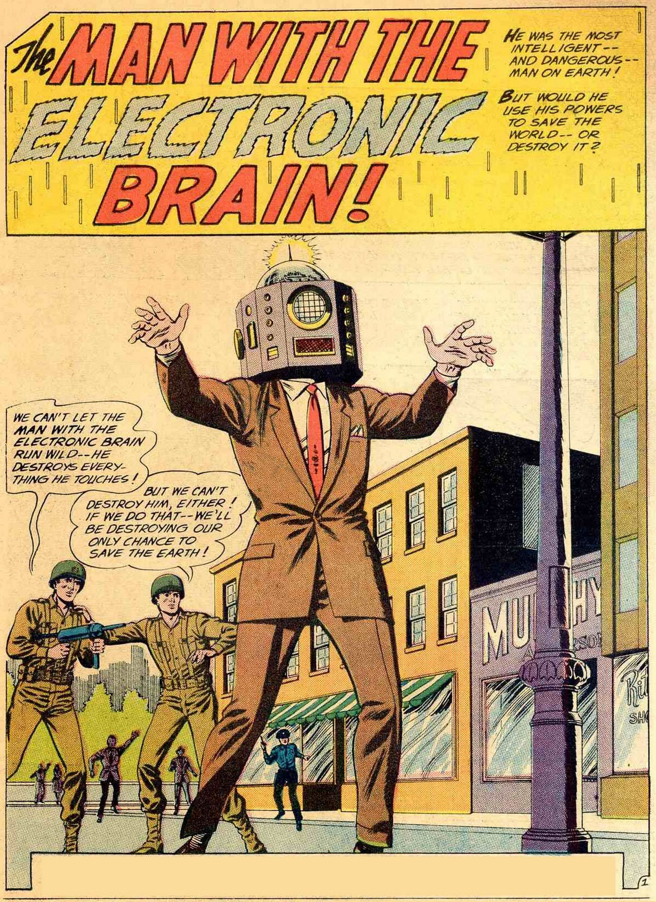Thomas Edison, who fluctuated between identifying himself as an atheist and some form of non-traditional believer, referred to the brain as being merely a machine. In today’s terms, gray matter is often called a computer. Tomorrow the metaphor will be different. We’ll continue to grasp for these analogies until when and if we can unlock the secrets of consciousness.
Tim Parks of the New York Review of Books conducted a new chapter in his continuing Q&A on the topic with roboticist and philosopher Riccardo Manzotti, an externalist who believes the mind is more than just the actions and reactions of the nervous system. He leads off the introduction with this question: Will we ever really know what, or even where, consciousness is?
I’m not a roboticist nor philosopher, but I’m fairly certain the answer is a definite “yes,” whether the mind is merely neural activity or something more, providing we don’t first become extinct by our own hand or the hand of…whatever. A run as good as the one the dinosaurs enjoyed would likely be enough for us to figure out the matter–the gray matter–and likely replicate consciousness in machines. Not happening in our lifetimes but happening if there are enough lifetimes.
An excerpt:
Tim Parks:
Internalists often mention Wilder Penfield’s experiments. He managed to get people to have hallucinations by stimulating parts of their brains electrically during open brain surgery. Other neuroscientists have even managed to relate stimulation of a particular neuron to “seeing” a particular face, obviously in the absence of that face. Again this suggests that experience is generated by the brain; we don’t need the world around to see something.
Ricardo Manzotti:
Have you checked out the hallucinations Penfield reports?
Tim Parks:
No.
Ricardo Manzotti:
They are all rather everyday ordinary experiences. Seeing one’s wife entering the room. Hearing a friend’s voice.
Tim Parks:
And so?
Ricardo Manzotti:
Well, if experience were actually generated freely by the brain, isn’t it odd that it remains so strictly tied to the world? Why no colors that have never been seen before? Sounds never heard in reality? Why no experiences that clearly have nothing to do with the outer world? Even when we dream we are aware that the bizarre aspects of dreams are due to their superimposition or mixing of different elements of known experience. An elephant that’s pink, or green. A dog that can talk. Whatever.
Tim Parks:
But surely the point is that we’re seeing something that’s not there.
Ricardo Manzotti:
Tim, we discussed this in our conversation on dreams. The question of what’s “there” or what’s “now” is complex. The objects that make up our experience can be milliseconds or years away from our bodies. Photons take time to travel, neurons take time to send electrical signals. We have already suggested that although ongoing ordinary experience of the world follows a privileged neural path that makes it possible for the body to deal with phenomena immediately around it, there are also other paths, eddies as it were, where neural activity mills, or is somehow delayed, then released later in dreams, or when a surgeon stimulates a part of the brain electrically. But this does not mean the brain is creating experience.
Tim Parks:
I’m not entirely convinced by this.•


